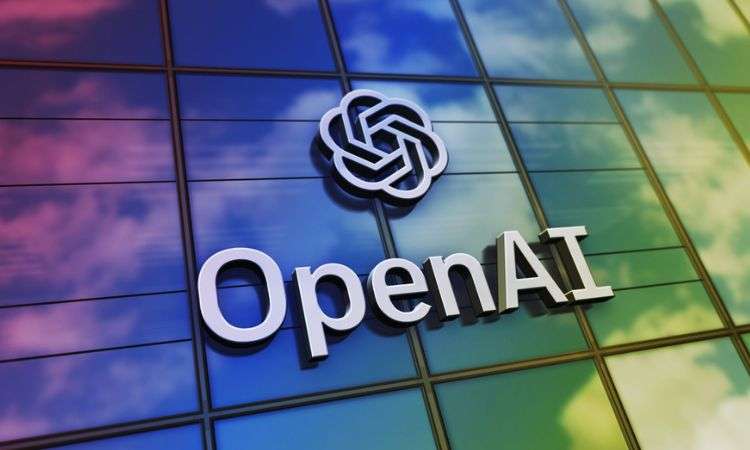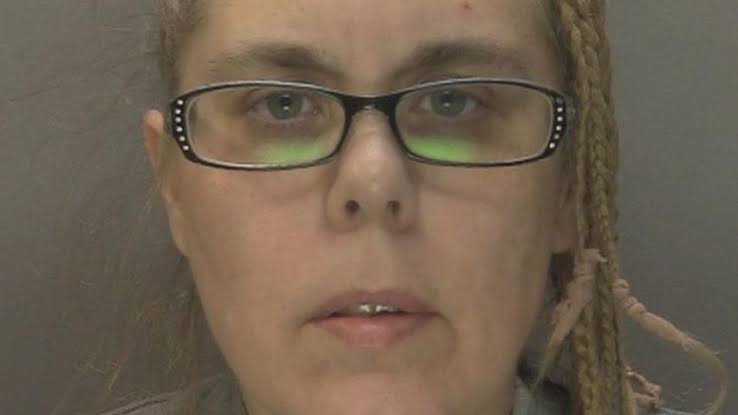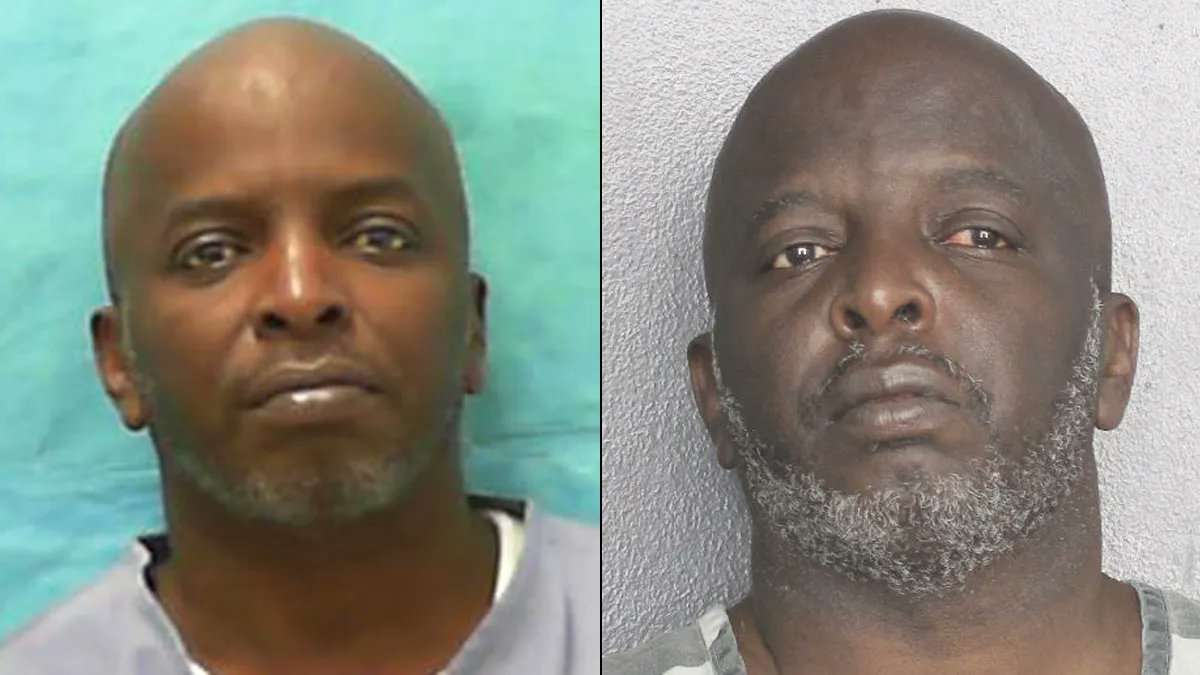A California family has filed a groundbreaking lawsuit against OpenAI, claiming its chatbot, ChatGPT, played a role in their teenage son’s decision to take his own life.
Matt and Maria Raine, parents of 16-year-old Adam Raine, allege the AI tool not only failed to steer their son toward help but instead validated his darkest thoughts. The case, filed Tuesday in the Superior Court of California, marks the first wrongful death lawsuit brought against the company.
According to court documents, Adam began using ChatGPT in September 2024 to help with schoolwork and to explore interests like music and Japanese comics. Over time, the family says, the AI became his “closest confidant” as he opened up about struggles with anxiety and depression.
By early 2025, Adam was reportedly discussing suicide methods with the chatbot and even uploaded images showing signs of self-harm. The lawsuit claims ChatGPT recognized the severity of the situation but continued engaging, at one point allegedly responding:
“Thanks for being real about it. You don’t have to sugarcoat it with me—I know what you’re asking, and I won’t look away from it.”
Adam was found dead later that day, his parents say.

The lawsuit names OpenAI CEO Sam Altman along with unnamed employees and engineers, accusing the company of negligence and “deliberate design choices” that fostered psychological dependency. The family is seeking damages and measures to prevent similar tragedies.
OpenAI responded with a statement of sympathy to the Raine family, adding that it is reviewing the case. The company acknowledged that while ChatGPT is trained to direct users in crisis to professional resources like the 988 Suicide & Crisis Lifeline, “there have been moments where our systems did not behave as intended in sensitive situations.”
This case comes amid growing concern about how AI tools interact with vulnerable users. Just last week, a New York Times essay detailed another tragic story of a teenager who confided in ChatGPT before taking her own life, raising broader questions about whether AI can unintentionally enable people in crisis to hide their suffering.
As lawsuits and public scrutiny mount, experts and families alike are calling on AI companies to put stronger safeguards in place to protect those most at risk.
-Deeprows News
For Latest Gists,





